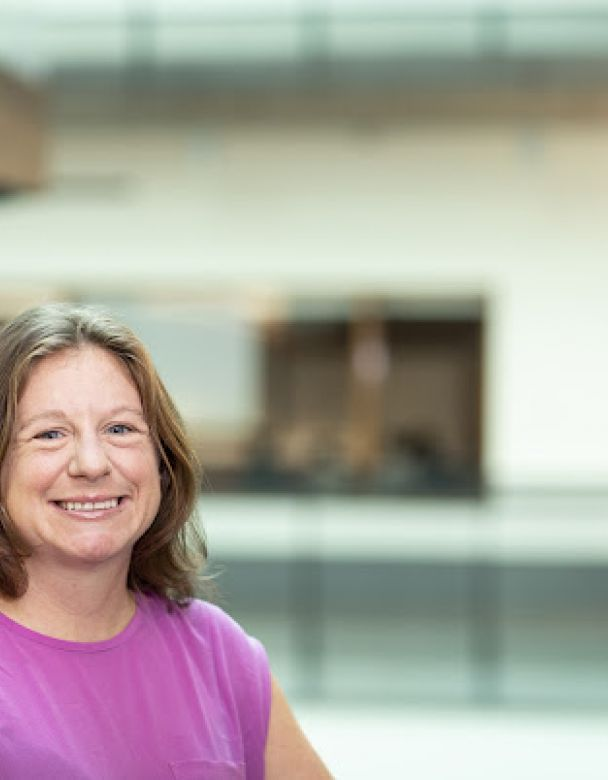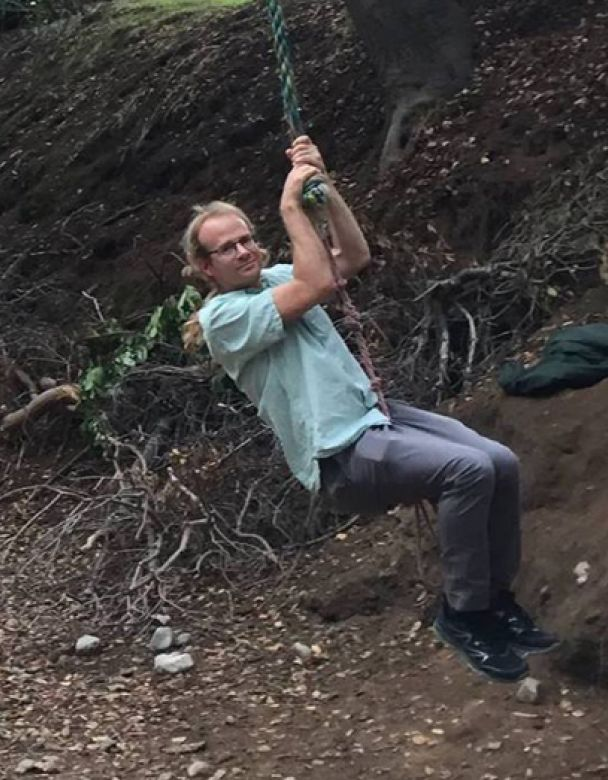With Facebook transforming itself into Meta, we're starting to hear a lot about the metaverse, a term that may have been coined by Neal Stephenson in the novel Snowcrash.
Scott Kominers, who recently signed on to an Andreessen Horowitz ("a16z" for short) expedition to the metaverse, offers this view of why you might want to set up shop there yourself sometime:
Metaverse Land: What Makes Digital Real Estate Valuable by Scott Duke Kominers
Reading it, I realized that I had something of an early metaverse experience, involving an experiment in May 2008 in Second Life, eventually memorialized in a paper in a special issue of JEBO in honor of Werner Güth:
Greiner, Ben, Mary Caravella, and Alvin E. Roth. "Is avatar-to-avatar communication as effective as face-to-face communication? An Ultimatum Game experiment in First and Second Life." Journal of Economic Behavior & Organization 108 (2014): 374-382.
We needed a metaverse laboratory in Second Life, and in order for us to be able to control communication between subjects, they each had to be teleported to a room more than a mile distant from anyone else (so that they would be beyond the range of Second Life chat tools). So our lab was an unusual bit of metaverse real estate: a tower of laboratory rooms floating above our island, each a mile above the room below it. (Construction in the metaverse is more flexible than in the physical universe.) Here's the description from the paper:
"Within Second Life, the sessions took place on an “island” under our control. We restricted access to the island to those participants’ avatars who had signed up to the session. Participants were received in a virtual laboratory building, the interior of which closely resembled the CLER layout (see screenshot 1 in Appendix B). They received a Linden$400 showup-fee, plus their income from the Ultimatum Game. At the beginning, participants received general instructions and were randomly matched to pairs and roles. In the no-communication treatment SL-NC, participants were teleported to private “decision rooms” (distant enough from each other to prevent any chat communication) and made their choices. In the avatar-to-avatar communication treatment SL-A2A, participants were first teleported in pairs to “discussion rooms” (see screenshot 2 in Appendix B) where they were free to discuss any topic for 5 min, before being teleported to their private decision room. In their decision room, participants received instructions on the Ultimatum Game. Decisions were made on an interactive wall in the decision room, which resembled the zTree input mask used in the laboratory sessions (see screenshot 3 in Appendix B). After all decisions were made, participants were informed of their payoffs and paid in Linden$ via the Second Life money transfer mechanism."








